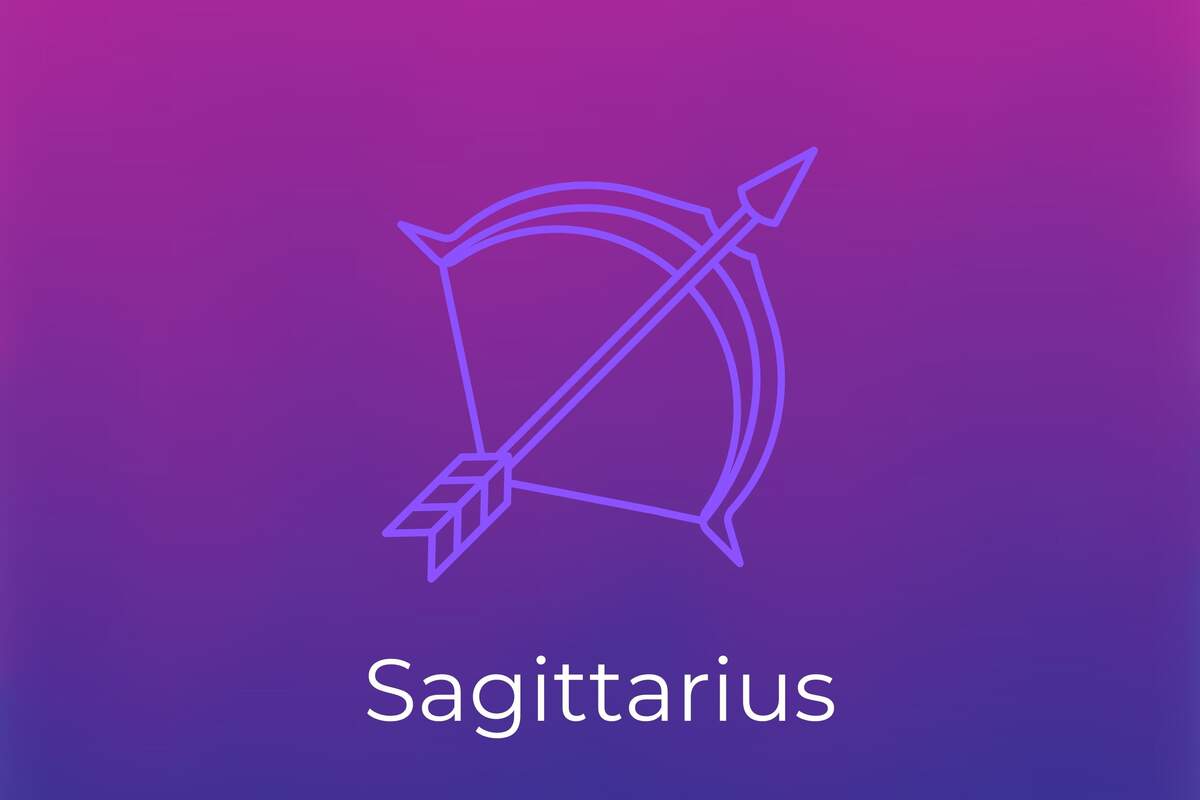


- ELIZABETHAN ATTITUDE TOWARDS THE STARS AND ASTROLOGY SERIAL
- ELIZABETHAN ATTITUDE TOWARDS THE STARS AND ASTROLOGY FULL
3 Finally, it identifies extant casebooks and related documents and provides a framework for modern scholars to use them critically. It also situates these records within broader trends in “paper technologies,” scholarly practices, and the production of medical knowledge. It raises questions about how many early modern practitioners wrote casebooks, and how and why they kept them. 2 This article is the first study to take casebooks, as material and intellectual artifacts of medical practice, as its subject.

Historians have used casebooks to study experiences of illness and healing, while exercising caution in reading them as direct representations of the patients’ perspective and supplementing them with letters, diaries and other ego documents. They derive from a range of intellectual traditions, and they share a common purpose: to document medical encounters. Some were produced by astrologers, others by physicians. Casebooks are all that survives from early modern encounters between medical practitioners and their patients. This article is about the book on the astrologer’s table. Melton presents the astrologer as a fraud who trades in fake learning and empty results. In exchange for money the astrologer will give you many words of little value. When you arrive, you can ask, for a price, the whereabouts of lost or stolen goods, how many children you will have, or the cause of your disease. To find him, he explains, you followed a gaggle of women down the backstreets of London to his house.
ELIZABETHAN ATTITUDE TOWARDS THE STARS AND ASTROLOGY FULL
The astrologer sits in his consulting room “Before a Square Table, covered with a greene Carpet, on which lay a huge Booke in Folio, wide open, full of strange Characters, such as the Ægyptians and Chaldaens were never guiltie of.” The room is furnished “with all the superstitious or rather fayned Instruments of his cousening Art.” This is John Melton’s 1621 caricature of an astrologer.
ELIZABETHAN ATTITUDE TOWARDS THE STARS AND ASTROLOGY SERIAL
It establishes that casebooks were serial records of practice, akin to diaries, testimonials, and registers identifies extant English casebooks and the practices that led to their production and preservation and concludes that the processes of writing, ordering, and preserving medical records are as important for understanding the medical encounter as the records themselves.

Instead, this article focuses on the nature of casebooks as artifacts of the medical encounter. Medical records, as other scholars have demonstrated, shaped the production of medical knowledge. Physicians increasingly modeled themselves on Hippocrates, recording details of cases as the basis for reasoned expositions of the histories of disease. These practices required systematic notation. Astrologers had a long history of working from particular moments, stellar configurations, and events to general rules. This article compares astrological and medical records across two centuries, focused on England, and charts developments in the ways in which practitioners kept records and reflected on their practices. Casebooks are the richest sources that we have for encounters between early modern medical practitioners and their patients.


 0 kommentar(er)
0 kommentar(er)
